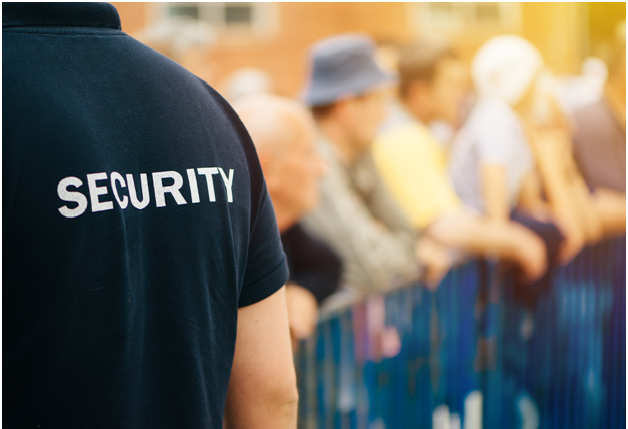In the realm of security, communication is a silent yet powerful weapon. As the first line of defense in defending people and property, unarmed security guards must have excellent communication skills. These skills facilitate the smooth flow of daily operations and play a pivotal role in diffusing potential conflicts.
Let’s delve into the nuances of effective communication for unarmed security guards, exploring the importance of verbal and non-verbal communication, active listening, and the art of de-escalation.
The Power of Words: Verbal Communication Skills
Words have the potential to build bridges or barriers. For unarmed security guards in Ontario, mastering the art of verbal communication is paramount. It begins with clarity and conciseness. Guards should articulate their thoughts precisely, avoiding jargon that may confuse or intimidate them.
Moreover, effective verbal communication involves adapting language to different situations and individuals. Interacting with diverse groups requires a flexible communication style that resonates with people from various backgrounds. Whether providing directions to visitors or communicating with team members, language should be inclusive and easily understood.
Beyond Words: The Role of Non-Verbal Communication
Actions speak louder than words, which holds in the security realm. Unarmed guards must be attuned to the subtleties of non-verbal communication. Confidence and professionalism can be communicated by maintaining proper posture, eye contact, and using the correct facial expressions. A firm handshake can establish trust and credibility.
Additionally, understanding body language is crucial in assessing potential threats. Observing unusual behavior or suspicious movements enables security guards to take proactive measures before a situation escalates. Non-verbal cues often provide valuable insights that verbal communication alone may not reveal.
The Art of Listening: Active Listening Skills
The practice of active listening is the secret to realizing the full potential of communication, which is a two-way street. Unarmed security guards must hone their ability to listen attentively, not just to words but also to the emotions and intentions behind them. This involves:
- Consciously focusing on the speaker.
- Nodding in acknowledgment.
- Providing feedback to ensure mutual understanding.
In a security context, active listening can be a powerful de-escalation tool. By validating the concerns of individuals and demonstrating empathy, unarmed security guards can diffuse tense situations and build rapport. This skill is precious when dealing with conflicts or addressing the needs of distressed individuals within a security context.
In the dynamic world of security, effective communication is a force multiplier. Unarmed security guards in Ontario with solid communication skills fulfill their roles more efficiently and impact the overall safety and well-being of the community they serve. For more details, Visit https://alliantglobalsecurityservices.com/ or call (909) 935-2477.





